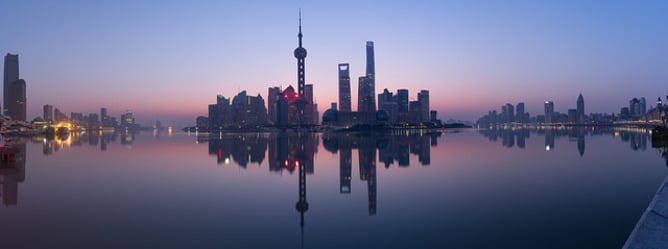UN Deputy Chief Comments on Development, Peace at World Bank Forum
On Tuesday, March 1, 2016, the World Bank held a forum called the 2016 Forum on Fragility, Conflict and Violence. The forum aimed to end extreme poverty around the world by 2030. The vision of the forum is mutual and sustainable prosperity through international cooperation. This was a perfect platform for United Nations Deputy Secretary-General, Jan Eliasson, to speak regarding his own vision of a peaceful future achieved through shared international interests coupled with universal economic development.




